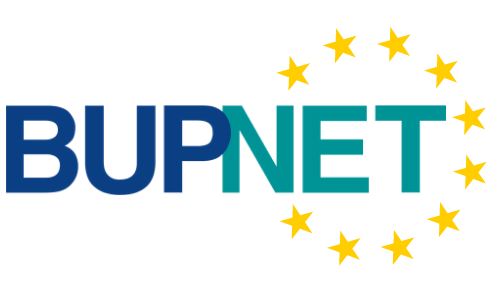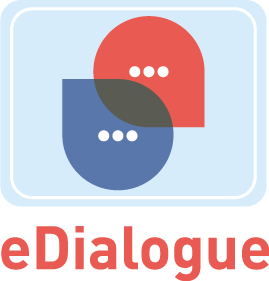
Recap of the successful SAFE Multiplier Event on 20 June 2024
We are delighted to share the success of the SAFE (Seniors’ Anti-Fake Education) Multiplier Event, which took place on the 20th of June 2024. This event marked a significant milestone in our project, bringing together senior learners, adult educators and…

